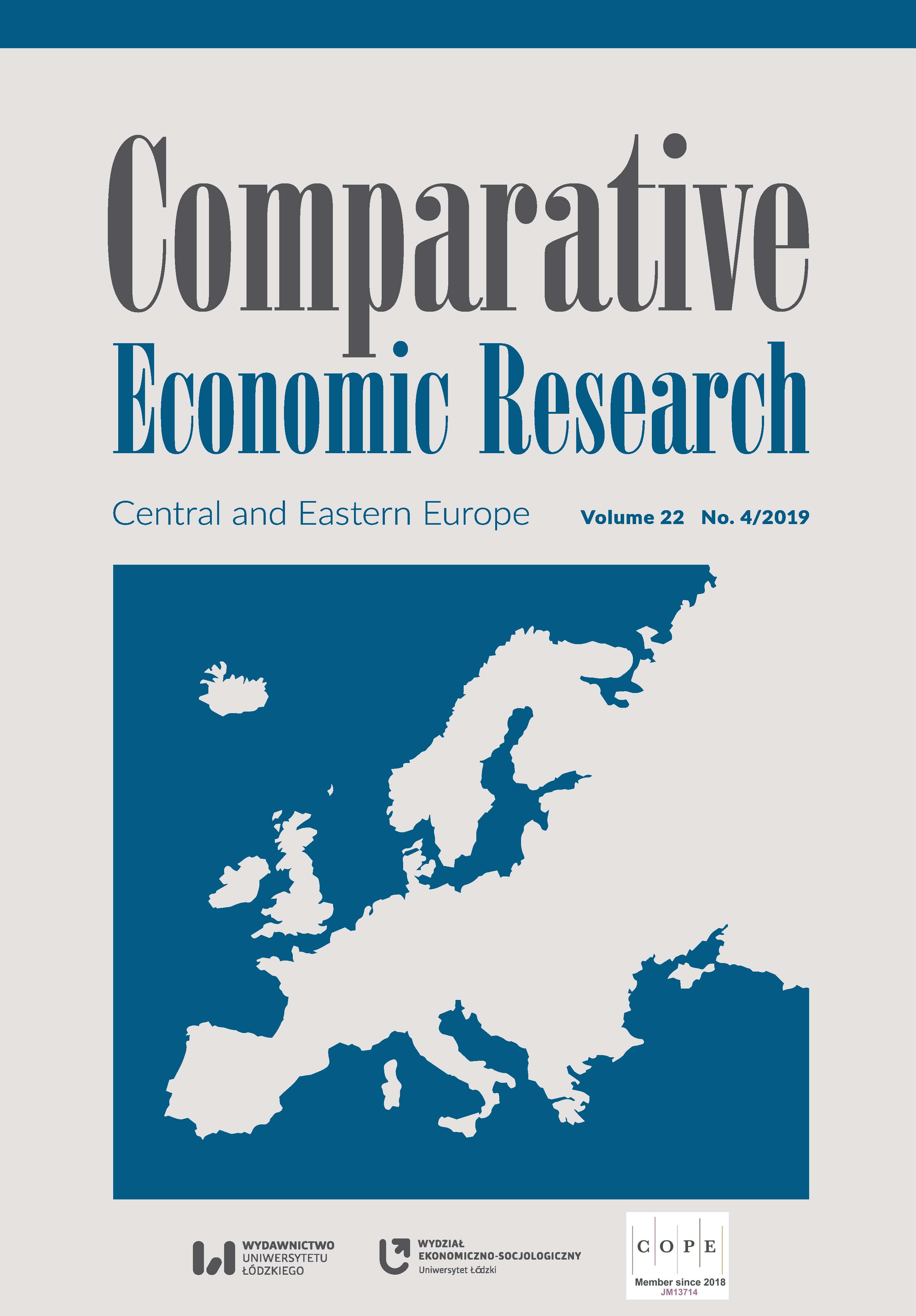Education Level and Income Disparities: Implications for Financial Inclusion through Mobile Money Adoption in South Africa
Education Level and Income Disparities: Implications for Financial Inclusion through Mobile Money Adoption in South Africa
Author(s): Charles NyokaSubject(s): Economy, Public Finances
Published by: Wydawnictwo Uniwersytetu Łódzkiego
Keywords: financial inclusion; level of education; level of income; mobile banking
Summary/Abstract: Financial inclusion has recently become an issue of concern the world over for governments, policymakers, non‑governmental organizations (NGOs), and financial and non‑financial institutions alike. McKinnon (1973) and Shaw (1973), in seminal presentations, brought the world’s attention to the importance of an effective financial system for economic development. In recent years, there has been growing theoretical and empirical works showing the strong linkages between financial development with economic growth and poverty alleviation. After conducting statistical analysis using Stata version 14 for Windows with a multivariate binary logistic regression modeling technique applied, this paper tested and concluded that there is a statically significant relationship between educational levels on the one‑and and income levels on the other on the probability of one having a mobile banking account in South Africa. From a policy perspective, this information will assist policymakers in making more informed decisions with respect to education, and from the banking fraternity point of view it will help, them in the developments of products that are more in line with the population’s education and income levels.
Journal: Comparative Economic Research. Central and Eastern Europe
- Issue Year: 22/2019
- Issue No: 4
- Page Range: 129-142
- Page Count: 14
- Language: English

